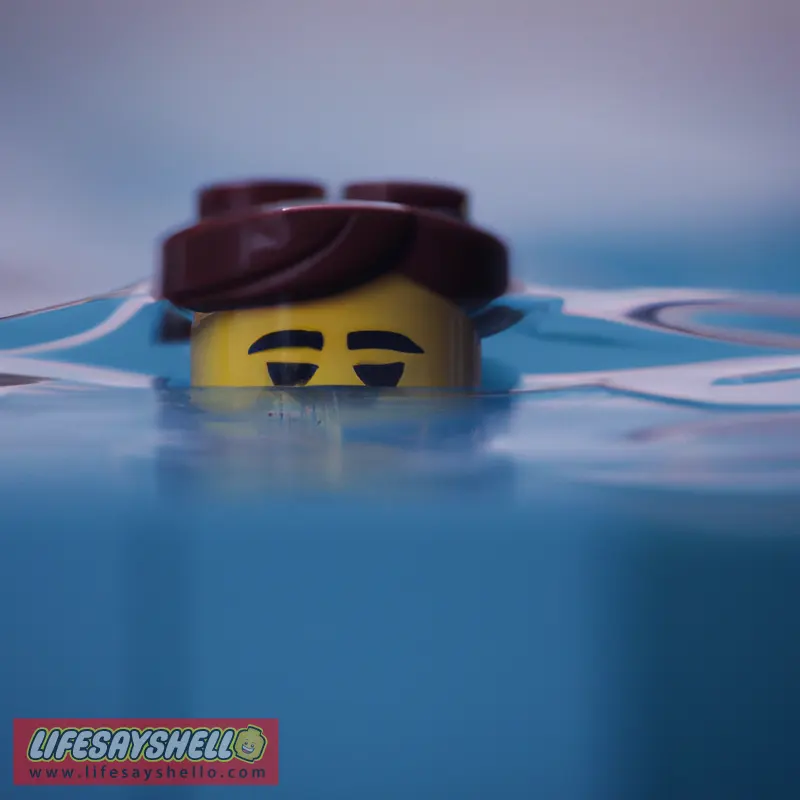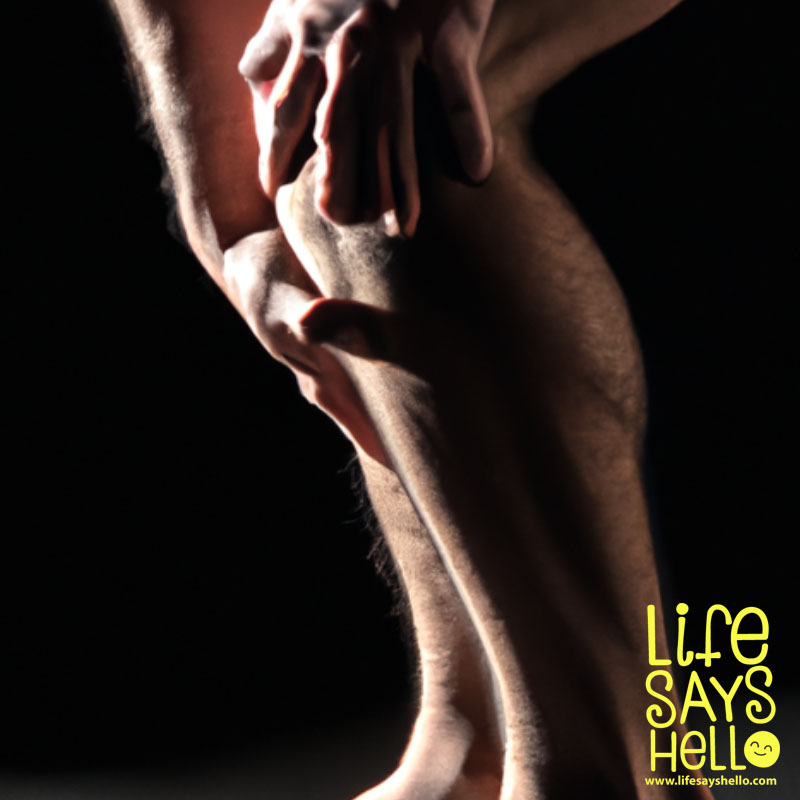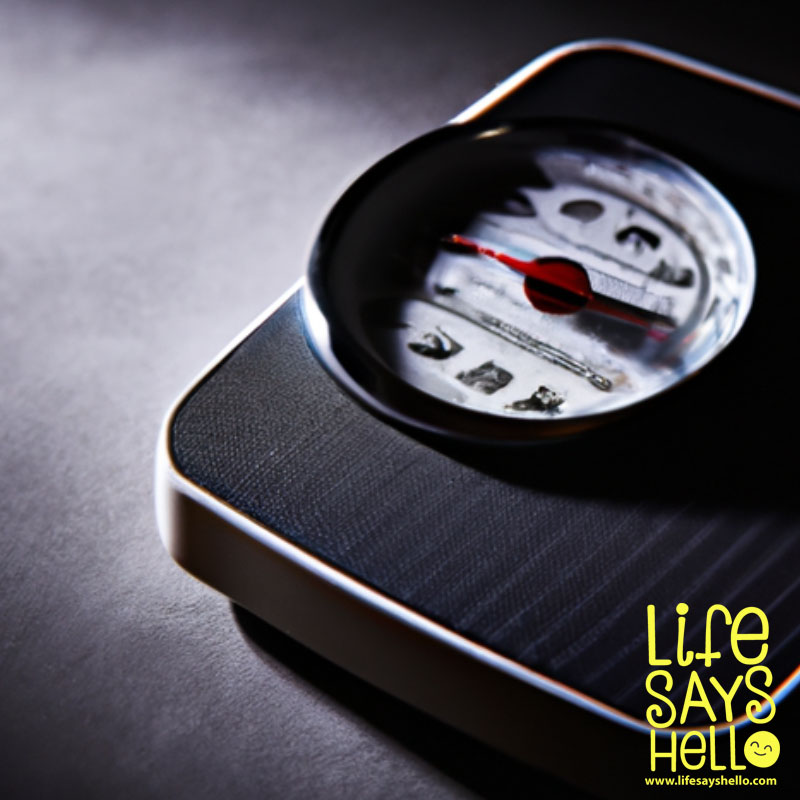The Surprising Benefits of Taking the Plunge into Cold Water

Have you seen those viral videos of people plunging into icy lakes or swimming in frigid ocean waters? While it may seem extreme, embracing the chill of cold water swimming provides some incredible benefits for your physical health, mental wellbeing, and more.
As someone who used to avoid cold water at all costs, I was initially skeptical. But after slowly wading in, I’ve found that cold water swimming gives an invigorating rush that makes me feel alive. Beyond that thrill, research shows it also boosts immunity, circulation, weight loss, and mood.
Intrigued? Read on to learn all about the science-backed benefits of cold water swimming and tips to take the plunge yourself.
Cold Water Activates Your Immune System
One of the most well-studied effects of cold water exposure is how it activates your immune system. When your body first senses the cold, your heart rate increases along with blood pressure. This helps shuttle more oxygen, nutrients, and immune cells throughout your body.
Cold water swimming also causes the release of special proteins called cytokines. These proteins function as messengers for your immune system, increasing white blood cell production. White blood cells, particularly lymphocytes, neutrophils, and macrophages, are your body’s defenders against pathogens and infections.
With more circulating white blood cells after cold water immersion, your immune defenses are primed to fight off bugs. Research shows that regular cold swimmers have 30-50% more white blood cells and antibodies compared to the general population.
In addition to ramping up white blood cells, the cold causes the release of antioxidant enzymes in your blood. Antioxidants gobble up free radicals that damage cells, providing further immune protection.
So by swimming in cold water, you’re triggering a robust systemic immune response that helps ward off illness. Pretty cool, right?
Get a Mood Boost from Endorphins
Have you ever felt euphoric and relaxed after an intense cold water swim? That’s thanks to a flood of feel-good chemicals released in your brain.
The cold water provides a mild stressor for your body. To regulate this stress, your hypothalamus signals your pituitary gland to release endorphins, your body’s natural opioids.
Endorphins bind to opioid receptors in the brain to induce a state of euphoria and relief from pain. The rush of endorphins from cold water exposure creates a sense of relaxation and calmness.
Along with endorphins, cold water swimming also increases production of dopamine and serotonin in the brain. These neurotransmitters stabilize mood and regulate feelings of happiness.
Many cold water swimmers describe the post-swim high as being relaxed, yet energized. Think of it like a runner’s high without all the exertion.
For these reasons, research shows that cold water swimming may help reduce symptoms of stress, anxiety, and depression. The combination of endorphins, dopamine, and serotonin can lift your mood and boost mental wellbeing.
Improve Circulation from Head to Toe
When you first submerge into cold water, your body reacts with a gasp and shock. This cold shock causes peripheral vasoconstriction, meaning the blood vessels near your skin constrict to prevent heat loss.
Initially, blood is shunted toward your core to keep your vital organs warm. But as you continue swimming, your blood vessels adapt.
To maintain core temperature, your blood vessels undergo vasodilation, opening up to flush blood back out to the surface. This helps the cold blood from your extremities recirculate back to your heart and lungs to be warmed up.
This constant cycle of vasoconstriction and vasodilation during cold water swimming provides a form of interval training for your blood vessels. Over time, this can enhance circulation by improving blood vessel elasticity and function.
Better circulation provides more oxygen and nutrients to your cells, which supports overall health. Some research suggests cold water swimming may also improve hair and skin quality by stimulating circulation to the scalp and skin.
Burn More Calories for Weight Loss
If you’re looking to shed some pounds, consider supplementing your exercise routine with cold water swimming.
When your body is immersed in cold water, your metabolism ramps up to produce heat through a process called shivering thermogenesis. The muscles rapidly contract to generate warmth, burning lots of calories in the process.
Research shows that swimming in 18°C (64°F) water burned over 200 calories in just 30 minutes. That’s more calories burned compared to swimming at the same pace in warmer water.
Another study found that swimmers burned up to 30% more calories when swimming in 19°C (66°F) vs. 28°C (82°F) water.
So if weight loss is your goal, choose colder swimming temperatures to maximize calorie burn. Just be sure to build up gradually instead of plunging into freezing water.
Reduce Inflammation for Pain Relief
For those suffering from chronic inflammatory conditions like arthritis, cold water therapy may help provide pain relief.
Cooling the body triggers the release of anti-inflammatory cytokines in the blood. These proteins block the inflammatory cascade before it really gets going.
Less systemic inflammation means less joint pain, swelling, and stiffness. This is why ice packs are often used for acute sports injuries — the cold reduces inflammatory signaling.
Research on rheumatoid arthritis patients found that cold water immersion reduced joint pain and improved mobility. The cold may also enhance post-exercise muscle recovery by lowering inflammation.
While not a cure-all, cold water swimming could provide supplementary pain relief in addition to other treatments. Just be sure to check with your doctor before trying cold therapy.
Social Benefits: Bond with Fellow Swimmers
Beyond the personal physical and mental benefits, cold water swimming also provides a way to connect with like-minded people.
When you share an exhilarating experience like swimming in cold water, it brings people together. There’s a sense of community and bonding from taking the plunge as a group.
Many cold water swimmers describe feeling a “shared euphoria” and close connections in the group. You’re all in it together, facing the chill and uncertainty.
Local swim groups and clubs are a great way to meet people if you’re new to cold water swimming. Having an experienced partner or group helps make the experience more enjoyable and safe.
The social benefits of cold water swimming may motivate you to keep up the activity long-term. Plus, you’ll have others to share tips and encouragement with along the way.
Gradual Exposure Lessens the Shock
If cold water swimming appeals to you, don’t jump straight into the deep end. Getting your body accustomed to the cold gradually is crucial.
Start by taking brief cold showers or baths. As this becomes more tolerable, try spending time in an unheated pool or lake. Wading up to your knees or hips allows your body to adjust.
For new swimmers, I recommend wearing boots and gloves for the first few sessions. This prevents painful ice cream headaches as you submerge your head.
Once you’ve acclimated to the shallows, start swimming short distances of 25-50 meters. Focus on proper breathing techniques and maintaining good form. As your stamina improves, increase distance each session.
Proper pacing is key. Swim at a relaxed pace that avoids hyperventilation. And limit your first cold swims to 5-10 minutes before gradually increasing duration.
Safety Tips for Cold Water Swimming
While the benefits can be great, there are some risks to cold water swimming to keep in mind:
Hypothermia - Know the signs like shivering, confusion, and loss of fine motor skills. Get out of the water at the first signs of hypothermia.
Heart attack - The cold shock could trigger cardiac arrest in susceptible individuals. Check with your doctor before cold water swimming if you have heart disease.
Drowning - Cold water can quickly sap your strength and coordination. Always swim with a partner and wear a bright colored cap for visibility.
Injuries - Entering cold water suddenly can cause immediate incapacitation or breathing difficulties. Acclimate gradually and swim in your limits.
With proper precautions, you can safely reap the many benefits of cold water swimming. Finding a local group is the best way for beginners to learn safe techniques.
Feel the Rush!
After reading this, do you have the urge to try cold water swimming? I hope I’ve convinced you that a quick dip can do your body and mind a world of good.
For me, I feel energized and accomplished after each cold swim. It provides time to decompress and a chance to be social. I’ve come to crave the rush of endorphins and the sense of calm afterwards.
If you’re looking for a new health challenge, cold water swimming will certainly get you out of your comfort zone. You might surprise yourself by how exhilarating facing the cold can be.
Just be sure to take it slowly and safely as you acclimate. With the right precautions, you’ll be ready to take the chilly plunge!
Have you tried cold water swimming before? I’d love to hear your experiences in the comments!




Comments